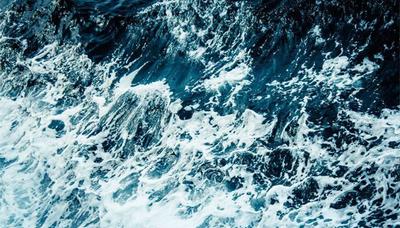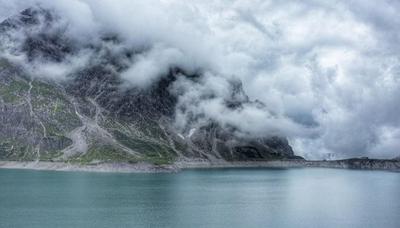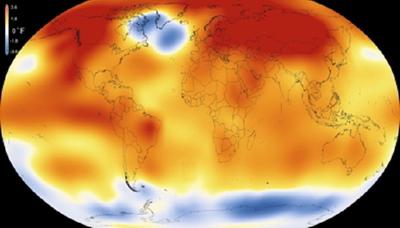An Ocean under pressure
The Ocean and Climate Platform was established from an alliance of non-governmental organizations and research institutes, with support from the UNESCO Intergovernmental Oceanographic Commission on June 10th 2014 during the World Ocean day. It is the international Ocean and Climate think tank, gathering over 70 organizations for the purpose of highlighting scientific expertise and supporting ocean and climate issues advocacy before politicians, decision-makers and the general public. Today the Platform includes scientific organizations, universities, research institutions, non-profit associations, foundations, science centers, public institutions and business organizations, all acting to bring the ocean to the forefront in climate discussions.
A Climate odyssey
Climate change is difficult to perceive on a daily basis. This also concerns the rise in air and sea temperature or in the level of the ocean. However its effects on natural phenomena are frighteningly real. The coastal zone is first in line face to the effects of climate change.
The ocean absorbs and stores both solar energy as well as the excess heat generated directly or indirectly by human activities. The ocean is therefore a massive heat reservoir, possessing a higher thermal capacity than the continents, and worth a thousand times more than that of the atmosphere. It is acknowledged that the volume of water in the ocean expands with the rise in temperature. Indeed, for an equal mass of water, hot water represents a greater volume than that of cold water. Thus, global sea level has been rising due to the effects of excess heat stored by the oceans and to increase in the volume of water from melting glaciers. Since 1992, it has already risen by an average of three millimetres per year. This trend is now accelerating.
Nevertheless, this sea level increase can vary geographically according to the influence of winds and ocean currents. Another attenuating factor can be the progressive rising of certain land masses, in response to the decrease in the weight of the glaciers that have disappeared since the last glaciation. This effect, however, remains very localized.
The more the temperature rises at the surface ocean, the more it heats the air and increases the amount of water evaporating into the atmosphere. Some of this water vapour, transported by the wind, eventually reaches the continents. The water cycle in the atmosphere has therefore changed, becoming more disturbed. The changes observed include a tendency towards an intensification of rainfall and more severe droughts occurring in certain parts of the world.
The increase of heat in the ocean, coupled to interactions with the atmosphere, also seems to have impacted the general circulation of the atmosphere. Large wind structures appear to shift in latitude, with the tropical belt that tends to expand, while westerly wind systems seem to be strengthening in the North Atlantic. Larger and larger networks of observations in this ocean basin are beginning to perceive an increasing intensity of hurricanes. Additionally, increased flooding event have also been reported.
Rising sea levels, strengthening of winds, storms and cyclones particularly affect coastal areas. The deterioration of natural environments also weakens their capacity to resist against the severe consequences of climate change: these include coastal erosion, a drop in biodiversity and migration of populations. They inevitably lead to environmental, economic and social disparities.





